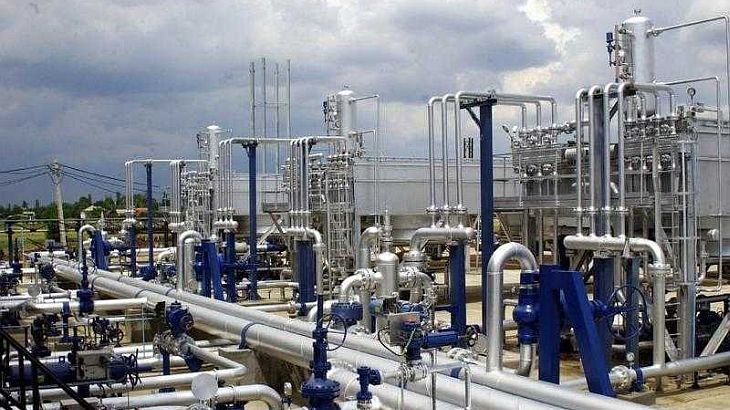The European Union’s gas warehouses exceeded an average storage level of 90%, above the 80% set by the EU bloc as an objective to guarantee a safe volume in autumn and winter, in the context of the uncertainty related to supplies from Russia, reports EFE.
The deposits are at an average of 90.12%, according to the sector association Gas Infrastructure Europe (GIE), which presented the data updated on October 5 on Friday. The degree of filling exceeds that of the similar period last year, which was of just 75%.
Community regulations do not require member states to have gas deposits (as is the case with oil, where it is mandatory to have reserves for 90 days of consumption), and the 160 installations of the 18 community states with deposits contain a total of 1,002 TWh of gas, writes EFE.
The full filling of these deposits with 1,100 TWh will guarantee consumption for three months, and the quantity would be insufficient to face a total interruption of gas supply by Russia. The EU imported about 1,800 TWh of gas from Russia in 2019, before the pandemic, according to the Bruegel study center, according to Agerpres.
However, part of the gas, which already hardly reach the EU from Russia, gets replaced by imports of liquefied natural gas (LNG), which at the end of the year will have increased by more than 60 billion cubic meters (bcm) over the total of 80 billion cubic meters from 2021, according to International Energy Agency (IEA) estimates.
To this will be added the compromise of the 27 member states to save on average 15% of gas and 10% of electricity.
Gas consumption in the EU in the autumn/winter season 2020/2021 was 3,319 TWh, and a year before 3,216 TWh, according to the European Network of Gas Transmission Network Administrators (ENTSOG).
This organization warned in July about the importance of filling the warehouses, not only to face the 2022/2023 cold season, but also to guarantee a minimum level of reserves for 2023/2024.
The EU should reach the end of winter with a 40% storage capacity to avoid problems next year, according to European Commission calculations.
+ european energy la aprobat -clara
